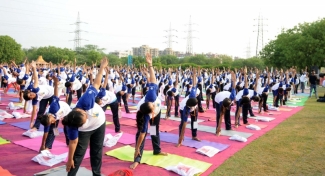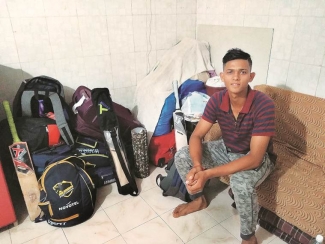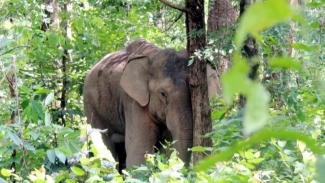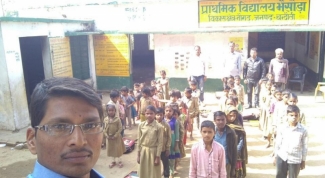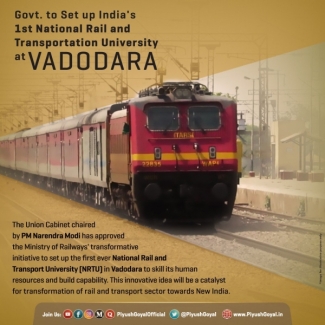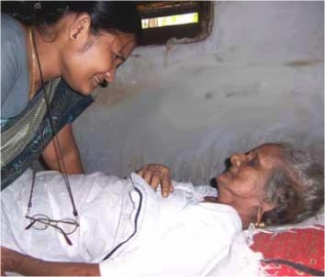
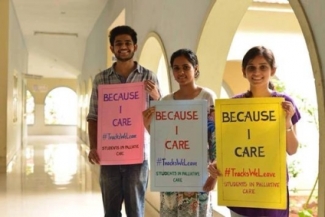
Sri Aurobindo Society and the Institute of Palliative Medicine (IPM) have joined hands to work on a project called SANJEEVAN, for the development of a comprehensive system of community based palliative care for the incurably ill, chronically bed ridden, elderly and dying people.
SANJEEVAN
Is based on the deep spiritual tradition of India and bring together best practices from all over the world. It also aims to expand and support SACH (a unit of SAIIIHR) initiatives all over India and abroad. It is patient centred, and not disease focused.
ASPIRATIONS AND ENDEAVOURS
The project has four components:
· Sensitization and training programs aimed at specific target groups.
· Information, education, communication process aimed at general public.
· Demonstration of the process and benefits of community nurse – led home care services through a home care demonstration project.
· Coordination, monitoring and evaluation of the project.
This work is happening at a very good pace, in and around the city of Puducherry.
The project aims at the following:
· Developing a community - based model for palliative care in Puducherry.
· Establishing a SANJEEVAN centre in Puducherry to consolidate, expand and spread the knowledge and skill base in integral approach to end – of - life care.
· Sensitization and capacity - building in other regions to facilitate the development of community-based palliative care programs.
TRAINING SESSIONS BY SANJEEVAN
A tie up with a professional educational institution such as the
INSTITUTE OF PALLIATIVE MEDICINE (the training, research and facilitation arm of the
Pain and Palliative Care Society — one of the pioneer Civil Society organizations in Palliative Care in Asia) has helped the SANJEEVAN team with the training, coordination, monitoring and evaluation of the project.
Local civil society organizations, such as the local colleges, hospitals and police force are encouraged to involve in the activities of the project.
The community members are indeed happy about these project activities.
In the first phase, the SANJEEVAN team is identifying as many palliative care patients to not only provide a better quality of medical services, but also spread information on their sensitive and considerate handling.
General awareness - building in the community is being carried out by trained health-care workers, with messages delivered in the local language and dialect at public functions and street plays
performed at public places. These methods especially street plays are used also as methods to give local publicity to recruitment of volunteers and sensitization programs.
The project is a capacity building and demonstration project, facilitatory in nature. The interest, knowledge and skills generated in the community by the project are expected to facilitate the development of palliative care services. The clinical and community leads developed by the project are expected continue the sensitization and training process even after the project moves to cover more communities and villages.
SANJEEVAN VAN — THE VEHICLE OF HOPE
The SANJEEVAN vehicle has become a beacon of hope and protective comfort for all the people being treated by the palliative care professionals and volunteers. Even the family and community members in the villages have started recognizing the van which is doing such great work. The doctors, paramedics and volunteers find serving the community much easier as they are able to cover many more miles and people in a shorter duration of time. A lot many villages are now reachable because of these beneficial wheels.
A SUCCESS STORY
The driver of the SANJEEVAN vehicle, Janarthanan, 30 years old, living in Valuvarmedu (a village in Pondicherry) with his parents and sister, is one of the first palliative care patients of SANJEEVAN. He had colon cancer and has recovered due to timely intervention. However, he has to carry an external colostomy bag for his toilet purposes because of which he was rendered jobless, as no one wanted to employ someone with such an obvious evidence of his past
illness. People have a psycho logical barrier and misconceptions about the physical and mental capacities and capabilities of people who have been affected by serious diseases and ailments.
This was an opportunity before the SANJEEVAN team to showcase the successful re-integration of former patients under their care into the mainstream. The SANJEEVAN coordinator Vetri identified and recommended Valuvarmedu to become the driver of newly donated vehicle so that he could contribute to the initiative as a living example of successful palliative care, while earning a decent sum from employment. His sister is also one of the active volunteers at SANJEEVAN.The young people with grave and life threatening diseases find his story of recovery and rehabilitation extremely encouraging and hopeful.







